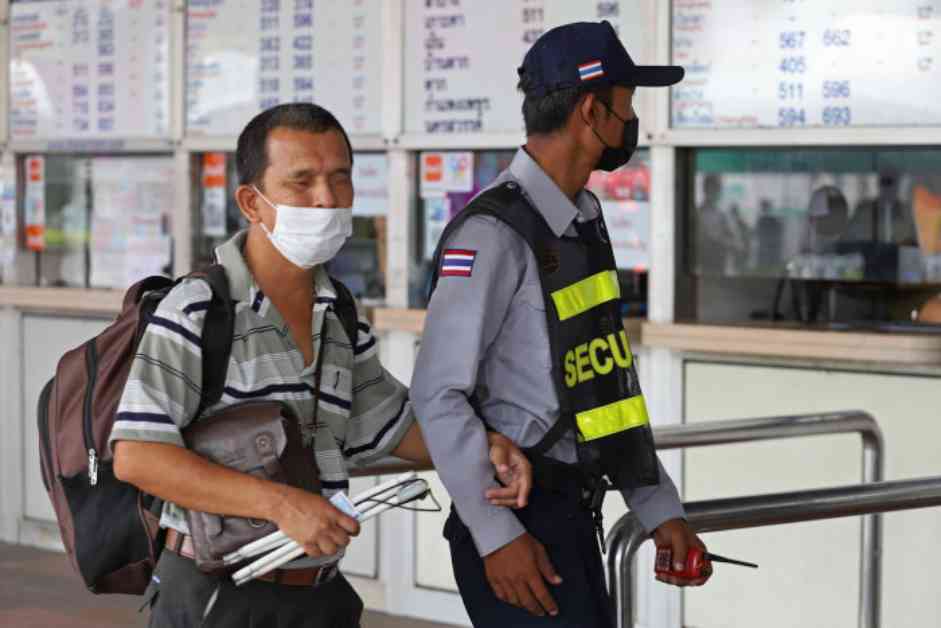On Wednesday, the first phase of the government’s digital wallet program will kick off with 3 million needy and disabled individuals set to receive financial assistance. This initiative aims to support a total of 14.5 million recipients by the end of September. Deputy Finance Minister Julapun Amornvivat announced that the funds will be transferred to the recipients’ bank accounts at midnight before Prime Minister Paetongtarn Shinawatra participates in the official launch at 9 am.
The distribution of the 10,000-baht handout is being facilitated through the PromptPay payment system. However, due to system limitations, only 3 million eligible individuals can be served in the initial phase. Recipients can check their status through the Rath Jai application, developed by the Comptroller General’s Department for those receiving state welfare benefits.
It’s worth noting that there is an overlap of approximately 10 million individuals between state welfare cardholders and disability cardholders. While the second phase of the digital wallet program is unlikely to commence this year due to payment system development delays, the government is prioritizing the distribution of funds to welfare cardholders and disability cardholders until the end of the month.
The funds allocated for the second phase of the program have been included in the 2025 fiscal year budget, set to begin on October 1. The government has earmarked 186 billion baht for this initiative. Originally proposed by the Pheu Thai Party as part of its economic stimulus policy, the budget was set at 450 billion baht to provide 10,000 baht per recipient in digital form to 45 million individuals.
Pornchai Thiraveja, a Ministry of Finance spokesman, emphasized the importance for welfare cardholders and disabled individuals to ensure they are subscribed to the PromptPay system and maintain active bank accounts to avoid missing out on payments. Recipients have expressed gratitude for the decision to distribute the handouts in cash, citing the need to cover expenses such as rent, school fees, and utility bills.
Anek Jongphimai, a 35-year-old disabled worker from Nakhon Ratchasima, shared his relief that the program is finally commencing after multiple adjustments and launch postponements by the government.
Phase Two and Future Plans
While the second phase of the digital wallet program is on hold for now, the government is committed to ensuring that all eligible recipients receive the financial assistance they need. With the funds for the second phase included in the upcoming fiscal year budget, there is a clear roadmap for the continued support of welfare cardholders and disabled individuals.
Challenges and Solutions
Despite the delays and challenges faced in implementing the digital wallet program, the government remains dedicated to providing financial assistance to those in need. By prioritizing the distribution of funds to welfare cardholders and disability cardholders, the authorities are working towards ensuring that the most vulnerable in society receive the support they require.
Public Reception and Impact
The announcement of the financial assistance program has been met with a positive response from prospective recipients, who are eager to receive the much-needed funds. The decision to distribute the handouts in cash has been particularly well-received, as it allows individuals to address immediate financial obligations such as rent, school fees, and utility bills.
In conclusion, the government’s digital wallet program is set to benefit millions of needy and disabled individuals in Thailand. By providing financial assistance in a timely and efficient manner, the authorities are working towards alleviating the economic burdens faced by vulnerable segments of the population.




















